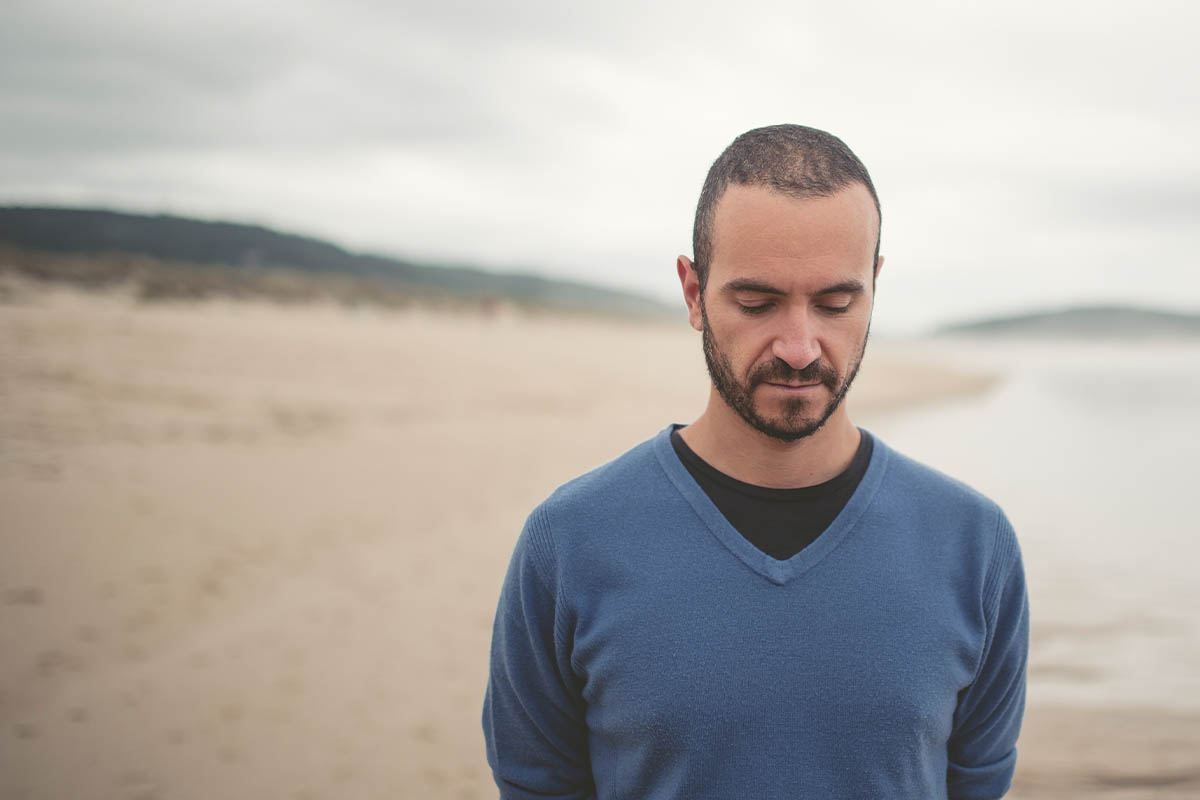Substance use disorders are like any other chronic illness that afflicts the body: treatment is not a cure, requiring long-term work. A person who is in drug addiction recovery is at risk of relapse during treatment, and in fact, this is often a normal part of the process.
Other chronic illnesses like heart disease, cancer, and diabetes have relapse rates that are usually more than 50% because over a lifetime. As a result, there are bound to be unintended interruptions or problems with medical treatment. In the same way, relapse during addiction recovery is a common and expected stumbling block in the process of treatment.
Relapse Is a Part of Drug Addiction Recovery, Not a Failure
People who struggle with substance use disorders are often attracted to 12-step programs because they push dedication and continuous work towards personal improvement. But, unfortunately, relapse in these programs is often blamed on clients themselves, assuming that they weren’t dedicated or thorough enough.
This kind of shame can be a dead end to further recovery, and evidence-based programs—like Gulf Breeze Recovery—that follow current research treat relapse with much more compassion and empathy. Here are some things to consider if you are worried about relapsing again:
- Different drugs, different challenges — Overall, relapse rates are around 50%, but it can be much higher for some drugs such as opioids. Therefore, if you have been dependent on opioids for a long time, it may be advisable to get doctor-monitored, medically-assisted treatment.
- You can learn from relapse — When you are detoxing and keenly aware of your withdrawal symptoms, a relapse may allow you to identify triggers (like stress, fatigue) that you didn’t notice before. A good recovery therapist will draw these to your attention so you can prevent future relapses.
- You are never a failure because of relapse — The very fact that people who struggle with addiction try recovery, again and again, is a clear sign that the will to change is there, and it is strong. But, just like any other chronic disease, you have to be patient with yourself and your body.
What to Watch Out For When Entering Recovery
Everyone’s triggers are different. Gulf Breeze Recovery’s holistic and personalized programs are designed around your life and personality for a reason. However, there are some general warning signs of an impending relapse:
- The onset of depression, anxiety, or any other co-occurring mental health disorders you may have been diagnosed with
- A decline in self-care and hygiene
- Intense boredom, self-isolation
- Loss of interest in your recovery regimen
- Spending more time with old friends you previously used substances with
- Making an actual mental plan to relapse and then recover
Let Gulf Breeze Recovery End the Cycle of Chronic Relapse
Our Florida rehab center is located at a quiet beach on the Gulf of Mexico, where you can relax and concentrate on rebuilding. Our team truly believes that anyone can recover in our evidence-based programs. We also believe:
- That lasting recovery means meeting your specific needs and schedule
- That you must build a better and more joyful life to replace your substance dependency
- That you deserve a well-managed team of doctors and professionals working together on your case from diagnosis to aftercare
- That our clients can only be successful in a non-judgmental and compassionate environment
Gulf Breeze Recovery Holistic Programs Are the Antidote to Chronic Relapse
We see the whole person, not just a substance use disorder. We use evidence-based holistic treatment modalities that are shown to have lasting results. If we discover that you have any other co-occurring mental health issues, we will tailor your specific therapy to address these. Our aftercare program will also make sure that all your new skills are “portable” and that you maintain contact with people who can reinforce your recovery strategies.
You need to discover a better life for your future sobriety. Our treatments use many therapeutic methods to that end, including:
- Veterans’ treatment
- Exercise and neurofeedback work
- Telerecovery programs
- Partial hospitalization programs (PHP), intensive outpatient programs (IOP), and medically supervised detox rooms at our center in Pensacola
- Flexible mental health care with possibilities like individual therapy, group therapy, art therapy, meditation, qi-gong, and yoga
Reach out and Talk to Us at Gulf Breeze Recovery Today
Don’t let your failed attempts in other recovery programs stop you from healing. You are still brave. Choose to end chronic relapse and call us today at 833.551.2304, or have a look here for more details on our team and the programs we run.







